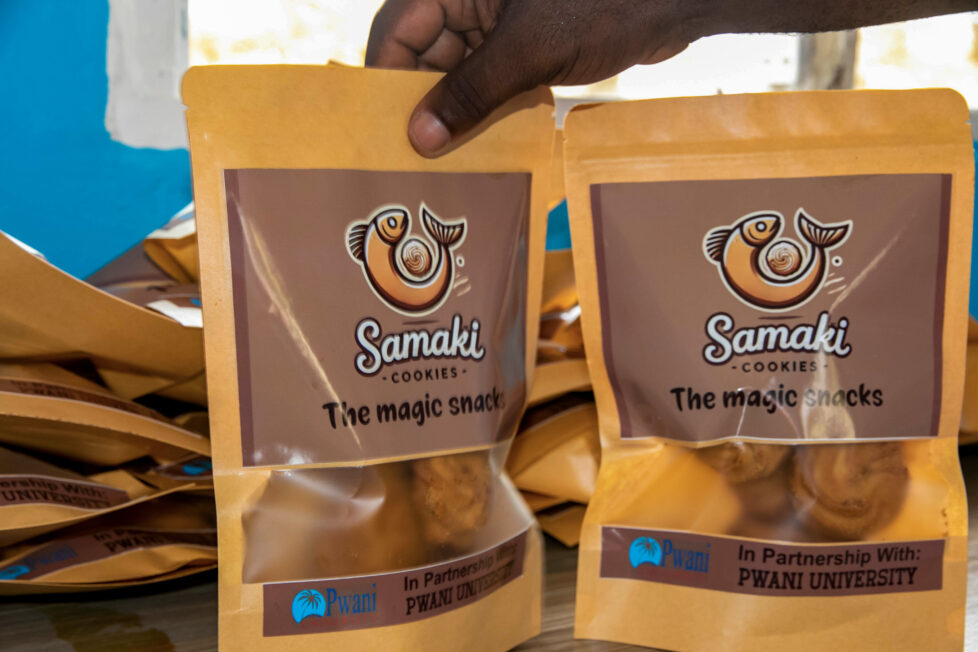With fish cookies, Francis Thoya hopes to raise healthier kids
Things looked bad for Francis Thoya when the event planner lost his income and became a shark meat seller. But that led to an “aha” moment that has since become a win-win for him and his community.








